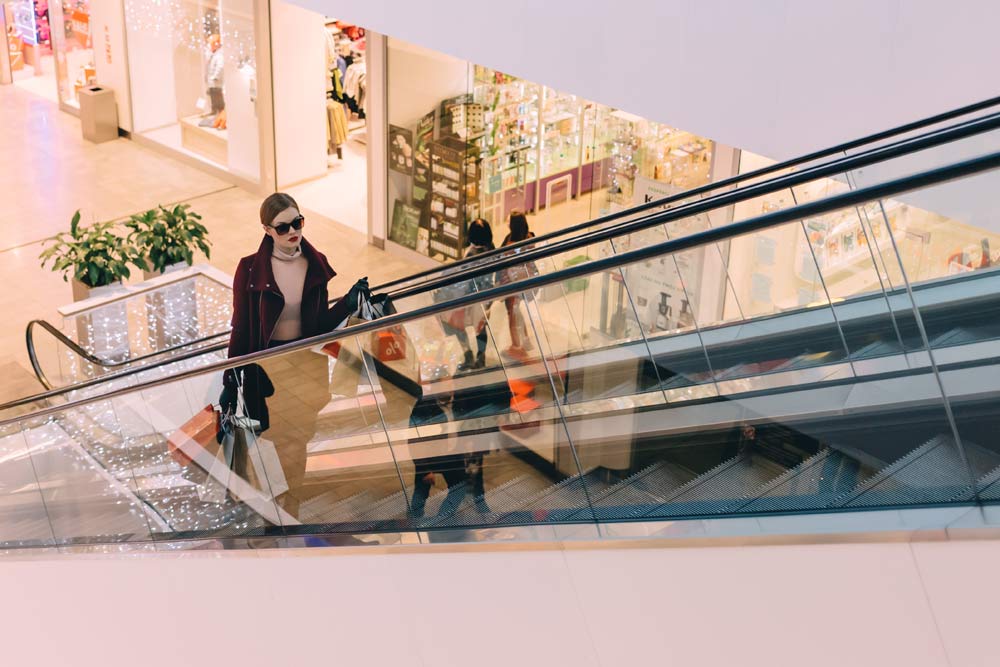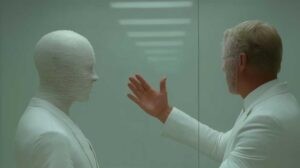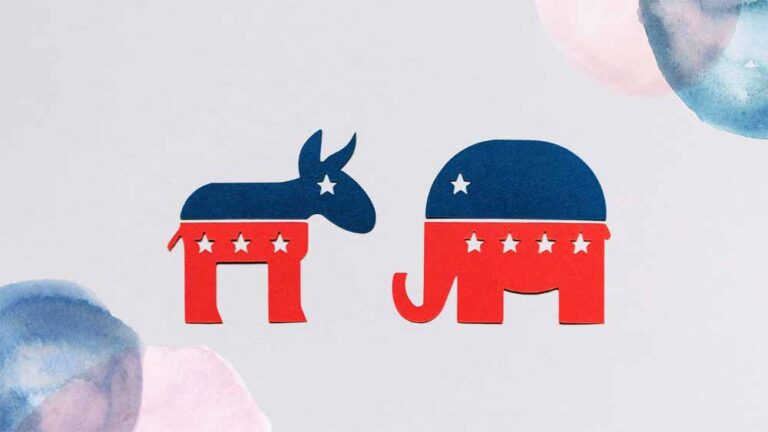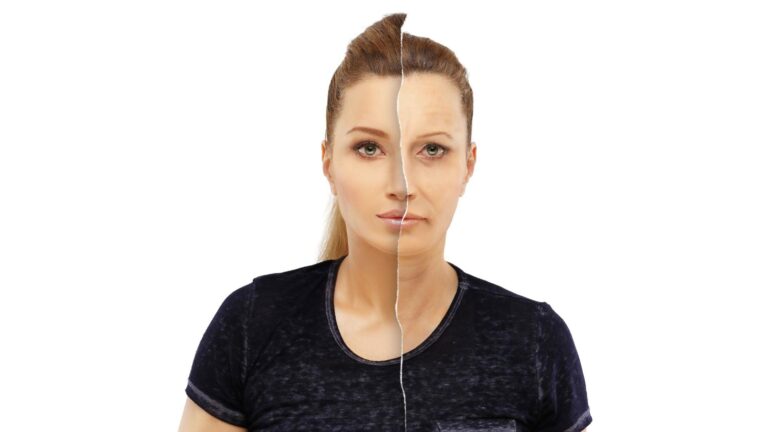
After the 9/11 attack, US President George W. Bush told the public to “go shopping,” acknowledging the positive influence of retail therapy on our overall state of happiness and well-being.
What Bush didn’t tell the public was that retail therapy has become a short-term, instant gratification global trend. People buy products not because they need them, but because the act of shopping makes them feel good. Naturally, this isn’t the best way to deal with negative emotions. And while it is true that retail therapy is great for the economy, it does not result in any significant long-term improvement in our well-being. Instead, it depletes our valuable resources (money) and contributes to a hoarding problem.
In this way, retail therapy provided, at best, fleeting positive feelings, proving once again what psychologists have known for decades: we can’t buy our way out of some of our most fundamental problems, and sometimes we have to deal with them head-on.
Short-Term Gratification of Shopping
Retail therapy works. It gives people a positive feeling when they buy a new product, and in the case of online shopping, when they receive it. However, most people already have too much, meaning that a new purchase is often added to a pile of other things which people have and it is quickly forgotten or becomes taken for granted.
Often, people think that they will use the product they purchase, and they truly believe that this new purchase will be like that, but every product people own requires time and energy and people already have too little of these resources. This is not to mention the economic value of each purchase, which is not used to its full potential, which over time transforms into a quite a large sunk cost.

Dangers of Retail Therapy
The problem continues when people don’t realize the short-term value of retail therapy, and they continue consuming, perpetually stimulating their system with short-term bursts of positive feelings, which rarely, if ever, transform into long-term happiness.
As such, people often believe that every additional purchase will perpetually increase their long-term happiness, but the math just doesn’t add up. Economists long ago concluded that although our consumption has been steadily increasing for the last century, it barely transformed into respective happiness growth. Instead, there are reasons to believe that more is not better. In fact, in some cases, more is less.
We Are Hiding From Our Problems
If retail therapy could have solved our problems, it would have done so already a long time ago. After all, we are living in one of the most prosperous societies the world has ever seen, yet global depression levels are at an all-time high.
Originally, we wanted to buy all the cool toys to make us feel better, but arguably some problems can’t be solved by throwing more things into them. Ultimately, we need to stop running on a hedonic treadmill of consumption and face our demons. We need to ask ourselves: what are we trying to avoid? Arguably, we have all the tools to feel as good as possible. We just need to learn them and use them accordingly.
When More Is Less
Lastly, we need to realize that buying things that we don’t really need is equivalent to wasting money and destroying our planet in the process. Certainly, we believe that what we buy matters, and may it be other people who are doing it incorrectly. However, often, we only need to look at our storage to find clothes and tools we haven’t used for years. Yes, we had the positive intentions of using them, but if these products are now just catching dust, it is likely that something even better came along, so we should give up any illusions that we will use them, eventually.
Overall, we need to stop running on the hedonic treadmill of consumption and stop pursuing feel good retail therapy. We can do so by learning the system that already worked for many people in the world and it is used by most of the happiest people alive. This system does not revolve around money, such as how retail therapy does, but around concepts of Optimal Happiness, which I will be happy to teach to anyone. Currently, this system is available to learn in my book Optimal Happiness. This book explains how to replace retail therapy with the real long-lasting happiness we are all looking for in our lives.
















1 thought on “Retail Therapy: When We Shop Trying to Buy Happiness”
Awesome Article!